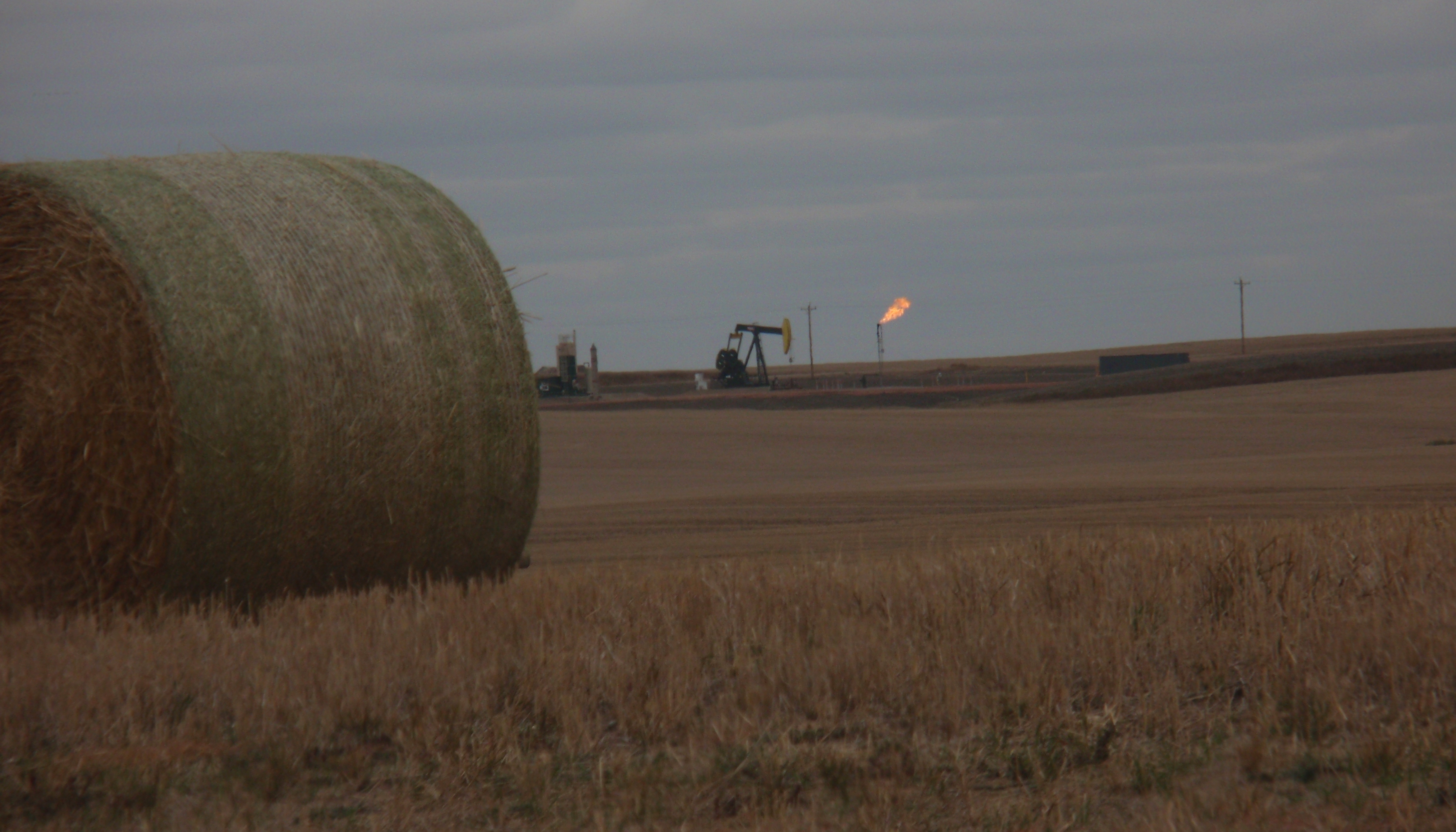
There has been a lot more interest in my posts on “The Overnighters” documentary recently. This is the third and final part of this series of followup on the documentary. Previous discussions include my disclosures, and reporting with agendas.
This post will close with some lessons we can learn from this disaster.
Other articles
As I was looking for some source of the increased interest lately, I also came across some older articles I’ve not noticed before. Keeping in mind my extended discussion in part 2 about writing with agendas, these additional articles have a minimal agenda visible.
6/26/13 – Christian Century – Ministry with the Overnighters – Timing for this article is early on in the Overnighters program.
Article says the program got started with one guy who asked the pastor for money to buy a bus ticket home. The fellow had a new job lined up (which I’m guessing would have paid nicely) but it was too cold to sleep in his car, so he was heading home. Spontaneously, the pastor offered to let the man stay in the church. The program blossomed from there.
Article says the Concordia church council decided to review and extend the Overnighters program in six month increments.
Article mentions many reporters and film crews have already visited town interviewing the pastor. Jesse Moss is mentioned as working on a documentary. The church declined to let Larry the Cable Guy visit.
In general, the article is a neutral review of a church dealing with a massive problem that appeared around them.
Intriguingly, knowing the end of the story, one can see the hints in this short article of severe problems which will develop. Don’t know if the author saw warning signs at the time, but looking back, a number of them are visible.
8/24/15 – The Christian Century – A flawed model for helping – Article points out that the way this pastor wanted to perform outreach, serve those in distress, and move social opinions is dangerously flawed.
The pastor, and those in the church who actually supported him, had to invent their social service program from scratch. This observation by itself points out multiple problems: there does not seem to be a model or concept behind the services provided, there is no coordination with whatever minimal other service providers existed, there does not seem to be any theory behind the structure other than reaction to today’s developments. Most seriously, there was no internal consensus to move forward with the project.
Author is quite critical of the missionary focus which is labeled “the salvation model.” The criticized concept is to provide needed services to those in need, present the gospel to them, and people will be saved. Somewhere in this analysis there is harsh criticism, however to my simple brain that seems to be the model used throughout the New Testament. The scriptures have crystal clear instructions to help persons in need. Methinks that people highly motivated to start over in life or who have a good job but no place to live would fall into that category of people needed a bit of help to get going.
Article hints at the pastor having multiple motivations, some of which he did not understand at the time, getting all tangled up with each other.
The second criticism, which provides the opportunity to make this entire situation a valuable learning opportunity, is wondering how to respond to a serious social issue.
Article describes the pastor’s approach was to do everything himself. The “Lone Ranger” approach to ministry is a dangerous path.
Amongst the long list of problems with the Lone Ranger approach, the article points out that by the time the pastor realized he needed help, he had antagonized the leadership of the church, the members of the church, media, neighbors, and the city council.
I’ve gone into the lessons learned issue at length. Seven lessons I suggest:
- Beware the Lone Ranger mentality.
- Don’t keep secrets.
- Set proper boundaries.
- Your sin will find you out.
- People lie.
- Hurting people hurt people.
I am an elder at my church. We actually watched the documentary during an elder’s meeting. We stopped just before the big reveal. We then discussed the situation as an extended illustration of how not to do ministry.
The massive question remains: what do you do when huge social issues show up at the door of your church?